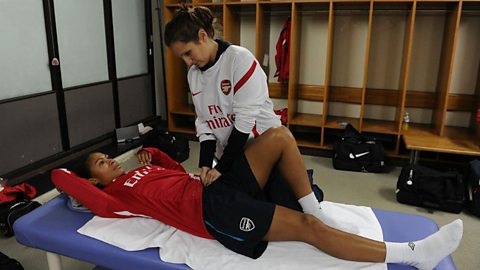Ever wondered why scoring three goals in one game is called a hat-trick? Or if players get an actual cap when they play internationally?
Wonder no more. ôÕÑ¿å¥éá Bitesize is here to help you learn the origins of some of the best-known and most widely used football terminology.
1. Hat-trick
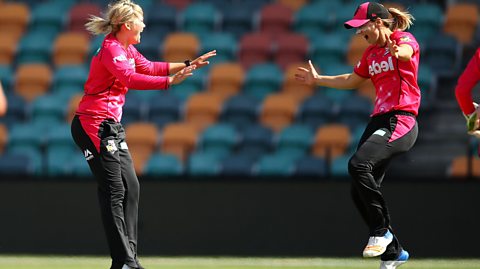
A player gets a hat-trick when they score three goals in one game, but the use of the term actually didnãt start on the football pitch. The phrase came from cricket, and was used when a bowler took three wickets from three consecutive balls. The club would give the bowler a hat to celebrate this achievement.
2. Nutmeg
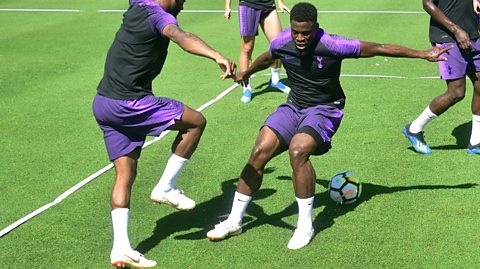
If youãve been nutmegged you might feel pretty foolish. Well, some argue, this was part of the reasoning behind using it to describe having the ball threaded between your legs. In the 1870s nutmeg was very valuable, so sneaky traders used to mix wooden replicas in with the real ones, tricking people who bought them.
3. Clean sheet

If your team wins without letting the other team score, youãve kept a clean sheet. This is because sports reporters used to record scores on white sheets of paper - so if yours was clean at the end of the match, that would mean no goals had been scored against you.
4. Cap
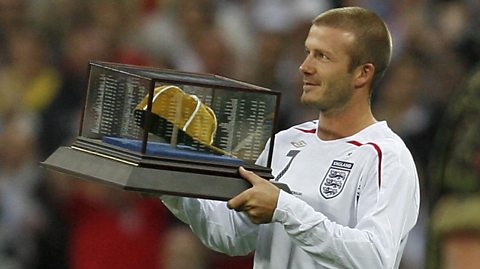
When a player plays for their countryãs team theyãre said to receive a cap. As it turns out, players literally do get a cap! Years ago, these were used to distinguish teams from one another, before distinctly coloured football shirts became the norm.
5. Volley
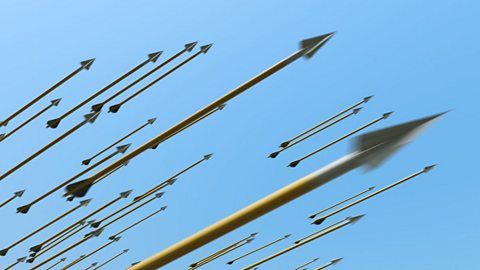
The word volley as a sporting term is thought to have first been used in tennis around 1851, and comes from the French 'volûˋe', which means ãflightã. It originally was used to describe lots of arrows being fired by archers at the same time.
6. Derby
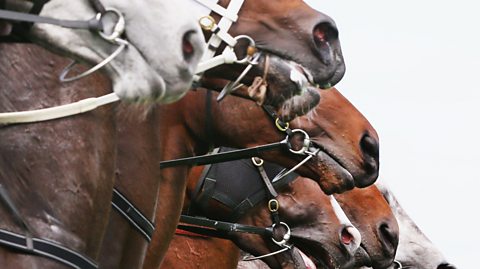
A derby is when two teams from a local area play against one another. There are a couple of different theories about the origins of this word; one is that it comes from a horse race started by the Earl of Derby in 1780. Others claim that it is named after the city of Derby, which was renowned for a wild and, frankly, dangerous game that everyone in the local area would take part in.
This article was published in September 2018
KS1 English
For more excellent English content, head to the KS1 English revision guides.

How to pronounce new words. revision-guide
Are some of these words new to you? Learn how to pronounce new words with this KS2 guide.

Association football factfile. revision-guide
Want to learn more about football? Have a look at this GCSE guide.
